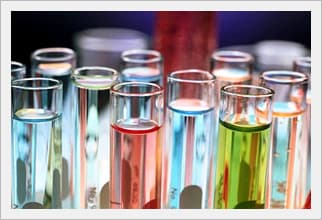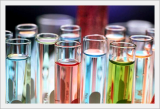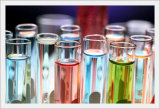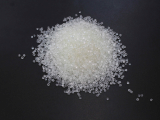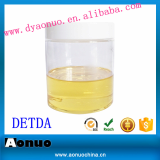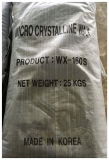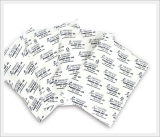Polymer Flocculant
Negotiable Min Order Quantity Unit
- Required Quantity
-
- Place of Origin
- Payment Terms
- Negotiable
- Production method
- Negotiable
- Shipping / Lead Time
- Negotiable / Negotiable
- Keyword
- Category
- Other Chemicals

filast
- Membership
- PRO
- Recent Visit
- Jan 28, 2025
- Country / Year Established
-
 South Korea
/
2016
South Korea
/
2016
- Business type
- Manufacturer
- Verified Certificate
-
17


| Product name | Polymer Flocculant | Certification | - |
|---|---|---|---|
| Category | Other Chemicals | Ingredients | - |
| Keyword | - | Unit Size | - |
| Brand name | - | Unit Weigh | - |
| origin | Stock | - | |
| Supply type | - | HS code | - |
Product Information
ENFLOC is a high molecular weight water-soluble polymer. It flocculates the particles by neutralizing surface charges of colloid and particulates suspended in the water. Contrast to the inorganic Flocculent, ENFLOC forms a big flock as it has adsorption and bridging effects and solid and liquid separation is easy by sedimentation and flotation. Compared with the inorganic Flocculent, small addition can rapidly flocculate suspended substances and promote filtration and dehydration. ENFLOC has such an excellent flocculation activities as above and it is seed for water treatment. It improves the efficiency of water treatment and decreases cost.
Characteristics and main use
Promotion of flocculation and sedimentation of inorganic series suspended substances, flocculation and dehydration of various suspended substances, waste water treatment of industries and chemical industries, flocculation and sedimentation of mining and metal refining waste water, promotion of flocculation and dehydration of various sludges of sewage and industrial waste water.
Characteristics
ENFLOC can be exclusively used and it can be also used with organic and inorganic Flocculents such as aluminum sulfate, PAC, ferric chloride. Its effect is very excellent.
- ENFLOC promotes sedimentation as it forms a fast and big flock. It is possible to use in sedimentation and flotation treatment process.
- Less consumption
Compared with the inorganic Flocculent, ENFLOC is less consumed. Therefore the produced sludge is small and treatment cost is also small. It is economical. - Wide effective pH range
ENFLOC can be used in wide pH range from acid to alkaline. Anion series are well used in weak acid to alkaline, nonionic in acid to alkaline, and cation in acid to weak alkaline region. - Excellent filtration and dehydration
ENFLOC has excellent filtration and dehydration as it generates big and hard flock. It is suitable for the existing water treatment system.
How to dissolve
1. Concentration of dissolution
Low concentration is better for ENFLOC in order to increase work efficiency. However it can be changed depending on the capacity of the equipment. Generally injection concentration is 0.1 ~ 0.2% for anion and nonionic and 0.1~0.3% for cation. Above the concentration, Flocculent reaction is delayed and diffusivity becomes bad and flocculation function may not occur.
2. Dissolution water
The water which is used for dissolving polymer Flocculent should not contain impurities. Particularly the performance of anionic series polymer Flocculent can be deteriorated by the cation electrolytes (Ca++,Mg++,Fe++, etc.) in the dilution water. Use tap water (neutral pH) or soft water for dissolution water. If salt concentration is high, the viscosity and performance of dissolution water can be deteriorated. Do not use the water containing highly dissolved inorganic salts. The performance of the cationic series polymer Flocculent can be deteriorated if the pH of dilution water is high.
3. How to dissolve
Pour water into the dissolving tank until the agitator impeller is submerged under the water and then rotate agitator by adding powder. Be care to add small quantity of powder to form films and to suppress the formation of lump powder. If powder is too much for one dose, use powder disperser. Dissolve it for about one hour. The agitation time can be lengthened depending on type of agitator. If dissolving time is too long, then performance such as viscosity can be degraded.
4. Materials of dissolving tank
Anion and nonionic series polymer Flocculent solution is generally neutral or weak alkaline and does not corrode dissolving tank and pipes. However anion Flocculent corrodes the pipes and tank when Fe ion is mixed. Therefore it is necessary to paint the inside of the dissolving tank if it is made of mild steel. Cation series polymer Flocculent is generally acid. Therefore it is desirable to use non steel tanks and PVC pipes.
5. How to inject the solutions
Diaphragm type pumps are generally used for injection of solutions. Gasket pump or centrifugal pumps reduce the viscosity and deteriorate cohesiveness by the shearing forces in the pump. By-pass for flow throttling or outlet opening method accelerates the degradation rate. Gear pump deteriorates solutions.
Packing unit
10Kg White Packaging
Handling precautions
- Be sure to seal and keep after use as it is a hygroscopic material,
- Wear protectors (mask, safety glasses) during working. Wash with plenty of water when it contacts to skin.
B2B Trade
| Price (FOB) | Negotiable | transportation | - |
|---|---|---|---|
| MOQ | Negotiable | Leadtime | Negotiable |
| Payment Options | Negotiable | Shipping time | Negotiable |

- President
- Kim Young Hun
- Address
- eomomyeon, saneopdanji 4 ro,70, Gimcheon-si, Gyeongsangbuk-do, Korea
- Product Category
- Other Chemicals
- Year Established
- 2016
- No. of Total Employees
- 1-50
- Company introduction
-
A Company that never forget itsoriginal resolution.
Filast is a combination of the words FIRST and LAST, meaning to create a company that will never forget its original resolution.
A pleasant workplace
The Filast is based on the harmony of the employees and considers' joyful workplace ' an important corporate culture.
We will continue to support the self-development of employees, such as the payment of qualification benefits, and strive to foster them as talented people who enjoy challenges and have creative thinking.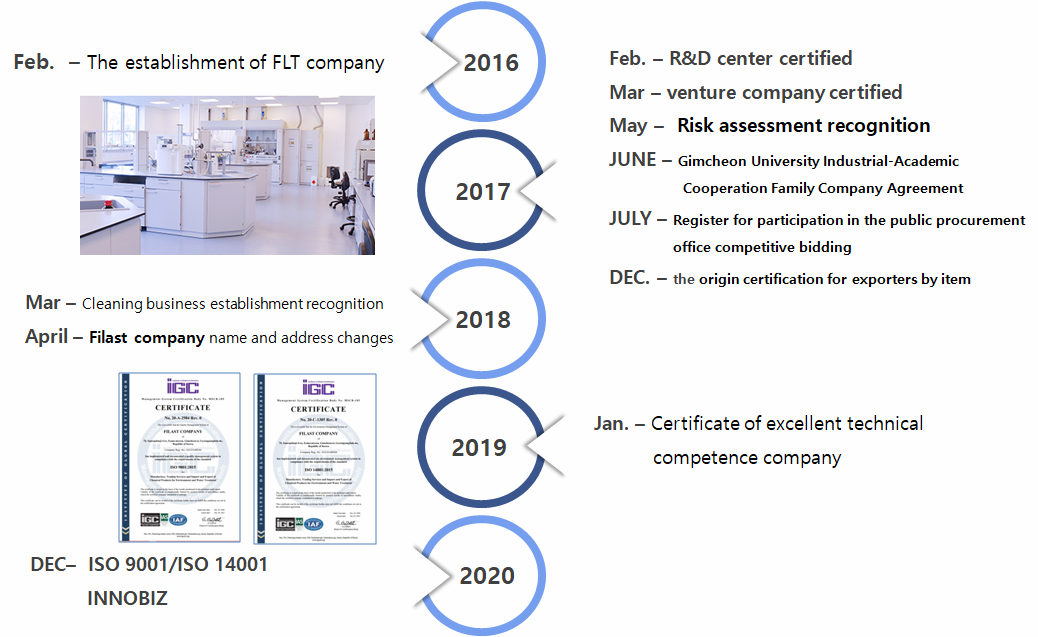
- Main Markets
-
 Indonesia
Indonesia
 Viet Nam
Viet Nam
- Main Product


































